Hidden deep in Randolph County’s mountains, about 30 miles from the next substantial town, is a village that looks and feels like nowhere else in West Virginia. Swiss chalets, traditional festivals, and centuries-old recipes define Helvetia, a living link to immigrants who built it more than 150 years ago.
Founded in 1869, Helvetia was the result of adversity and optimism. A group of Swiss and German-speaking immigrants, weary of factory towns and seeking land, were forced into the rugged backcountry of Appalachia. It was hilly and heavily wooded, but it reminded the immigrants of the alpine homeland they had abandoned. Naming their new home “Helvetia,” the Latin name for Switzerland, the immigrants set about building a community.
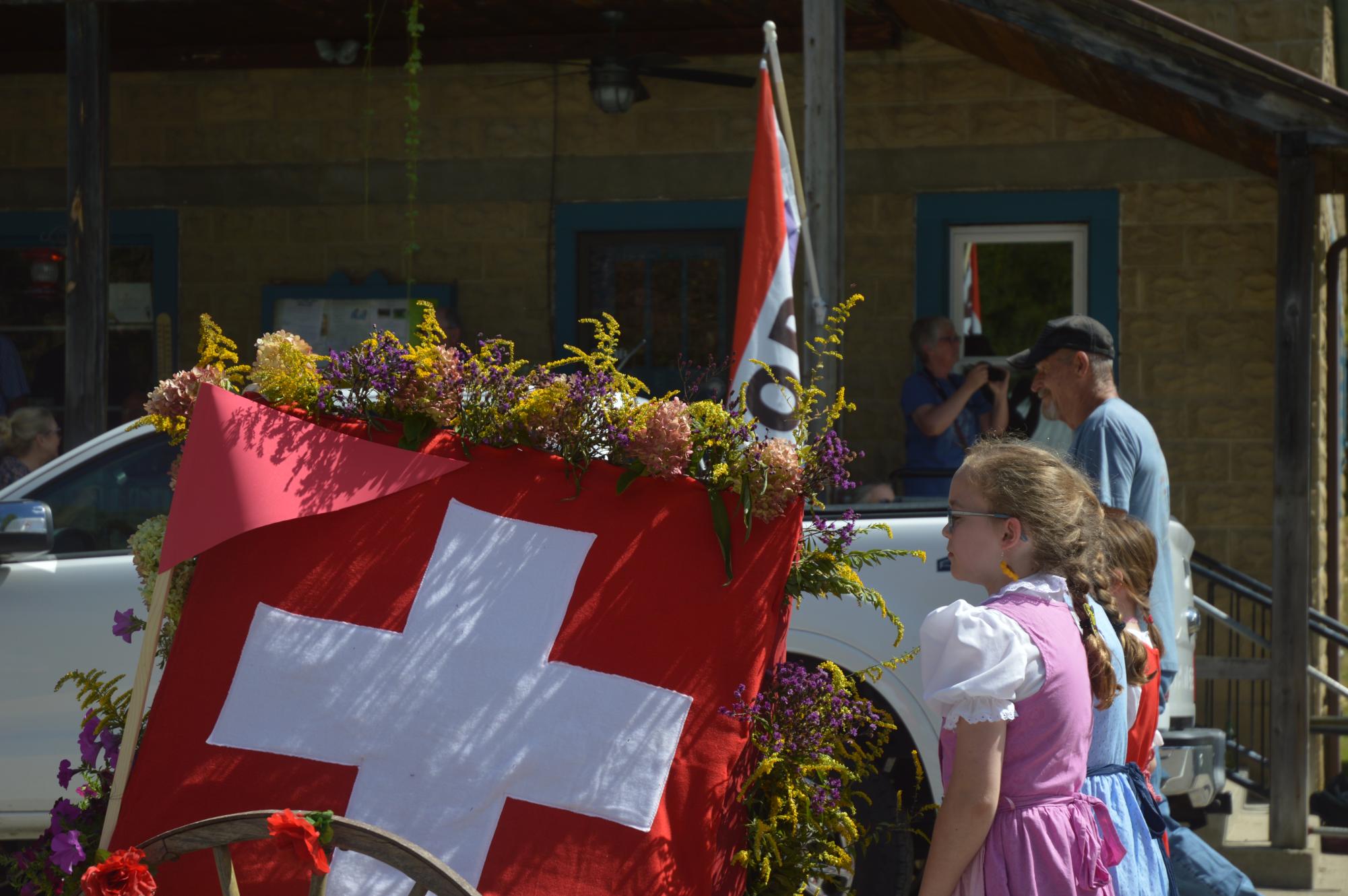
The initial years were not easy. With mountains and heavy snow all around them, the settlers were left to survive on one another. They used Swiss German as their language, maintained religious and cultural traditions, and took farming traditions and crafts with them from home. Despite adversity, Helvetia thrived as a tight-knit community.
One of the most enduring traditions in the village is that of its festivals. Helvetia explodes every February with Fasnacht, a raucous pre-Lenten carnival that celebrates European heritage. Malls of masks, some humorous, some grotesque, adorn the streets as villagers dance, share food, and finally consign “Old Man Winter” to the flames, sending him away on a torch to introduce spring.
In September, the 1917-established Helvetia Fair welcomes visitors from throughout the state. The fair is Swiss-themed with indigenous food such as cheese and sauerkraut, homemade bread, and honey. Yodeling, folk dancing, and music dominate the Star Band Hall, where craftspeople exhibit embroidery, woodcarving, and other handmade treasures that have been passed down for generations.
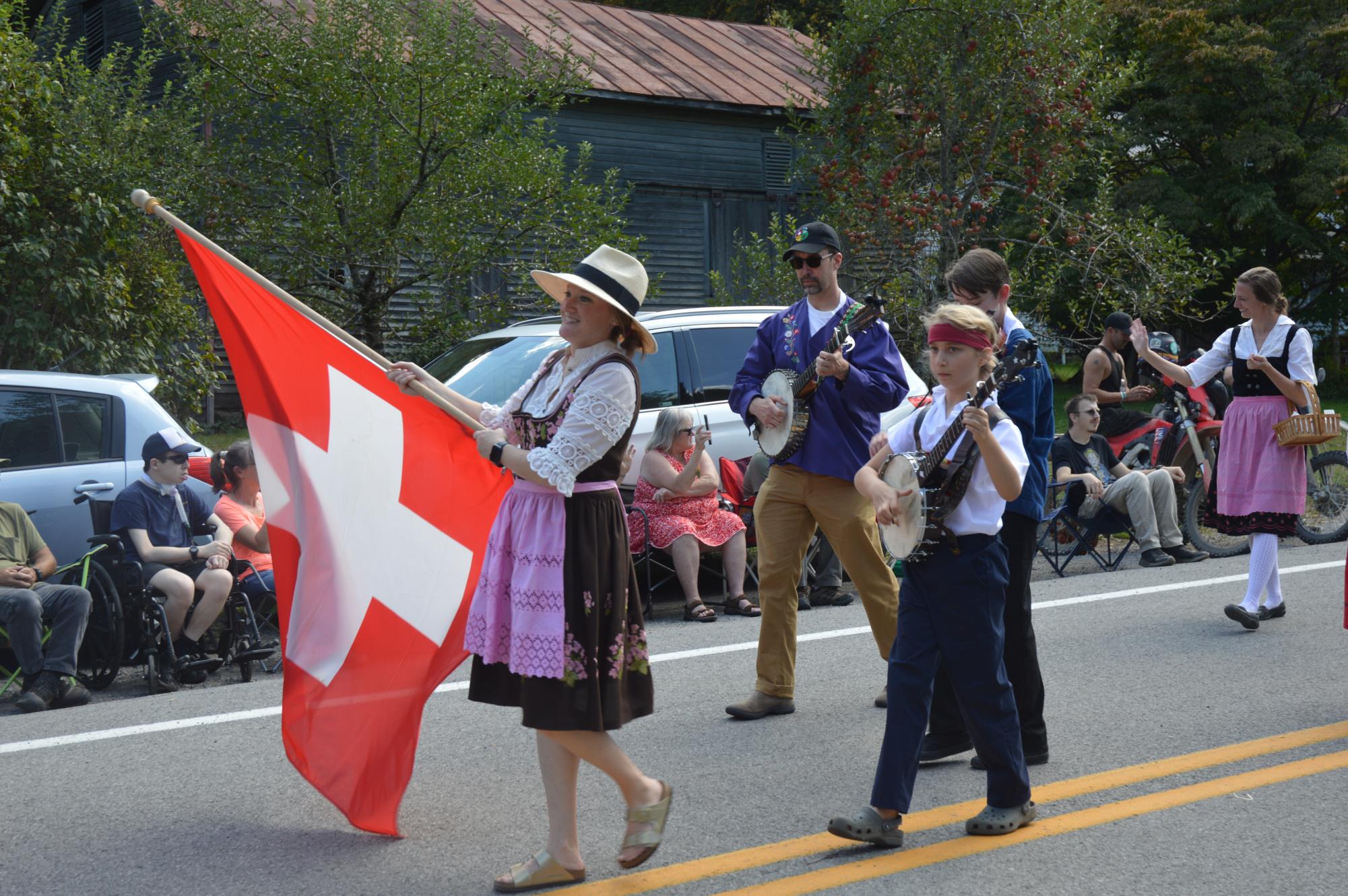
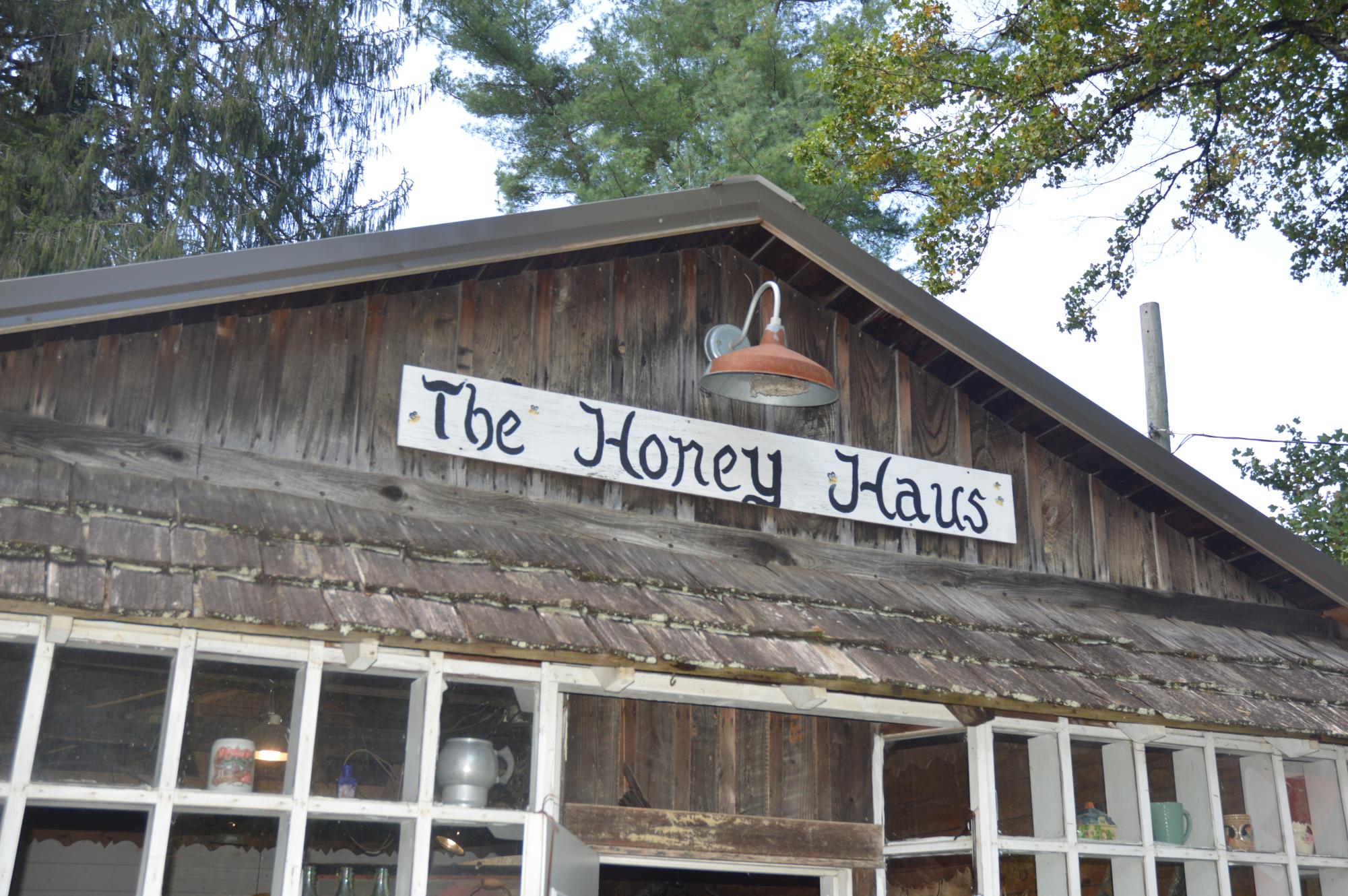
Walking along Helvetia today is like going back in time. The Helvetia General Store, the gathering place for the community, serves as a meeting spot for locals and visitors. The Helvetia Village Historic District, a National Register of Historic Places listing, retains the original settlement’s charm. And even though the town has lost population (fewer than 100 individuals inhabit it) the community’s spirit is intact.
To most, Helvetia is more than history; it’s a living bridge between Switzerland and Appalachia. It’s people who remain are guardians of a culture, welcoming strangers into their homes but holding dear to their traditions.
In a hurry world, there is Helvetia, slow, unyielding, and unbending, soaking in the tranquil beauty of the West Virginia hills.
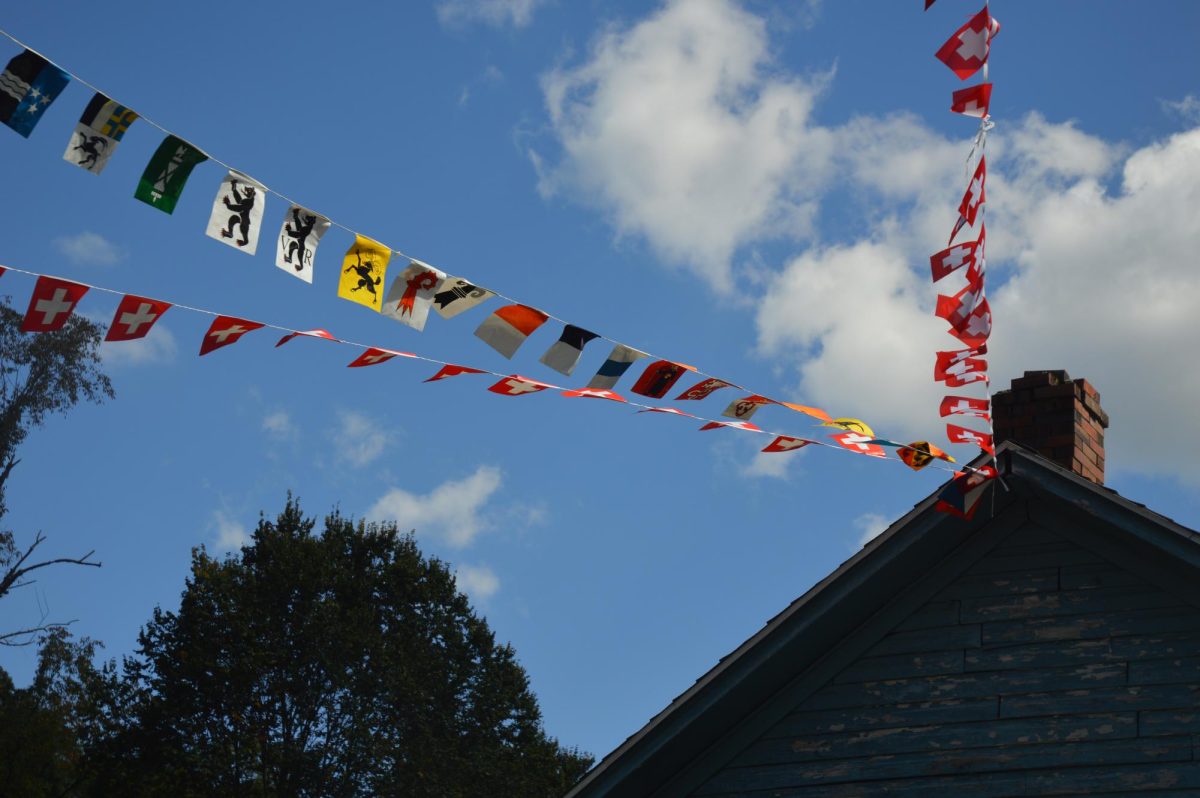
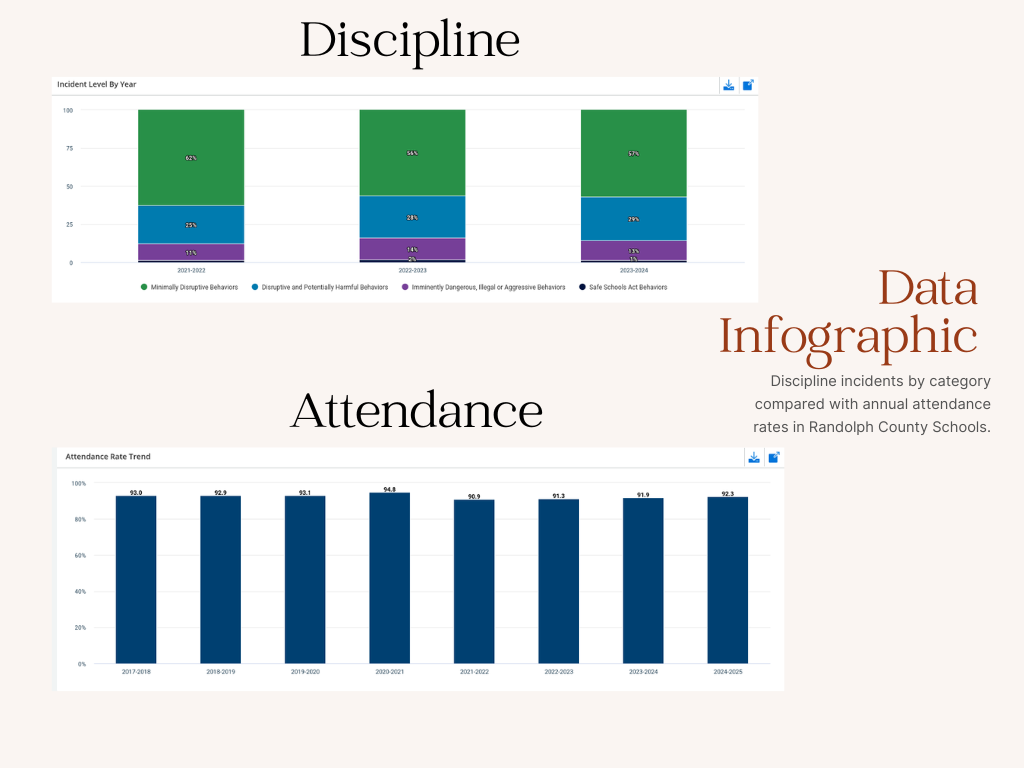











Sandy Burky • Sep 20, 2025 at 8:52 pm
Thank you Ava!
Kadra • Sep 19, 2025 at 7:51 pm
Lovely writing and photography, Ava. Thank you for featuring Helvetia. My family is in one of your photos. We were all very excited to see and read this.